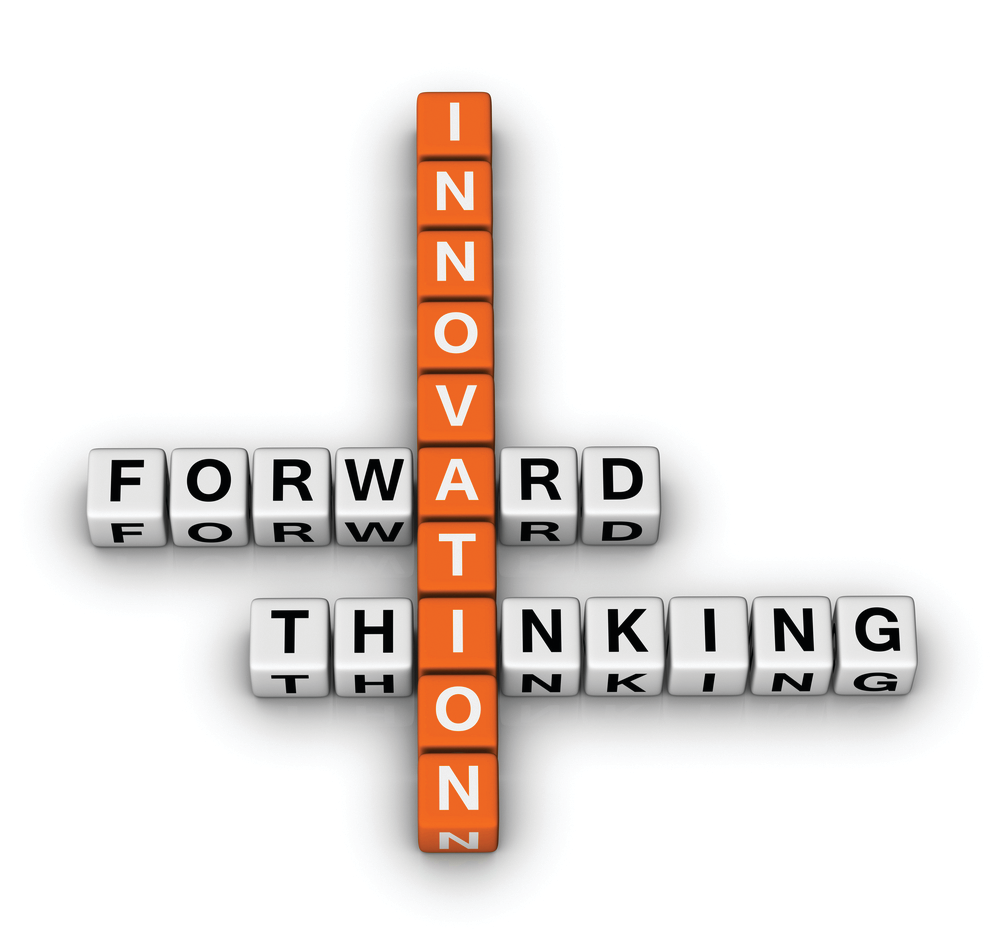From the June 2013 issue.
The accounting firm of today frequently performs work outside the traditional tax and accounting service offerings and it is critical this data is accurately and timely managed. Practice management software delivers tools required to track all client data, employee time, outstanding projects and a host of other items.
Historically, all of this information was centered on timekeeping data for each employee. Practice management software shifts this focus to projects, which is the deliverable clients tend to focus on.
Many accounting firms are seeing the need to revisit profitability associated with clients and current staff. Quality practice management systems are designed to be the center point of the accounting practice. All data is housed in one central location which may then be pushed out to a number of reports for analysis. Nearly all of the practice management solutions reviewed provides some level of dashboard technology, which greatly assists with this analysis.
Dashboard technology is not new, but is vital to practice management. Partners and owners are able to see data in real-time as time data is entered, projects are completed and client invoices are processed. These dashboards are generally customizable to the accounting firm and sometimes even to individual users.
Through this customization, partners and owners are able to view reports and charts noting the productivity and profitability of the accounting firm. Many of the practice management solutions additionally provide visual alerts to assist in spotting potential problem areas. This allows the opportunity to shift resources to help ensure maximum productivity and profitability.
Many firms are shifting their business models to focus more on tracking projects instead of traditional hourly billings. Tracking time data still remains a function of practice management software, however the methods used to track time are shifting to a project based model. Projects allow multiple tasks, staff members, workflow steps and due dates to be assigned.
As work progresses on these projects, time data may then be tracked by task within that project. Upon completion of a task, the appropriate users in the next workflow step are automatically notified and the next task may be started.
Traditionally, projects are tracked internally through Microsoft Excel spreadsheets our through paper routing sheets. Tasks and staff scheduling are often done through data sharing in Microsoft Outlook. Practice management solutions bridge this gap and provide the tracking of all tasks, assigned staff members and scheduling in one location. Since data is maintained in real-time, each user can easily view the current status of any project.
In addition to shifting to project focused business models, accounting professionals are rapidly seeing benefits of customer relationship management, or CRM. Introductory CRM functions are included in practice management solutions to allow firms to better manage current and future clients by creating and maintaining meaningful relationships.
This also provides a marketing opportunity to enhance service offerings and increase revenue generated from current customer base. The use of CRM features may also lead to additional client referrals and help focus marketing efforts.
One area that does not seem to be a focal point of practice management solutions is product integration. Though many of the solutions are part of product suite offerings, each solution is designed to be used as a standalone product. This lack of vertical product integration allows users to find a solution that works best for them. This is nice for smaller firms so they are not stuck with a solution that offers features they do not need or will never use.
Larger firms benefit from this by having the opportunity to configure a custom package and add integration points as necessary.
Cloud technology and mobility are other areas that have not seen wide adoption for practice management. Though some vendors are slowly shifting to a cloud-based model, the approach varies greatly among each vendor.
Most vendors are offering the current solution through a hosted environment through use of a Citrix interface. Others are taking this opportunity to build an entirely new product. Currently only basic functions, such as entering time data or managing client contact information, are provided for mobile devices. With the growing number of professionals working in non-traditional locations, it is becoming vital to integrate cloud and mobility technology.
Practice management is vital to any accounting firm. Most solutions are fully scalable and offer customization options to fit the needs of accounting firms of all sizes and client focus. At the core of each solution is project management and for a profession centered on deadlines, accurate tracking of these projects is important.
The tools integrated into practice management do more than just track time, they provide accounting firms the opportunity to enhance productivity and profitability.
Thanks for reading CPA Practice Advisor!
Subscribe Already registered? Log In
Need more information? Read the FAQs
Tags: Firm Management, Payroll, Technology




